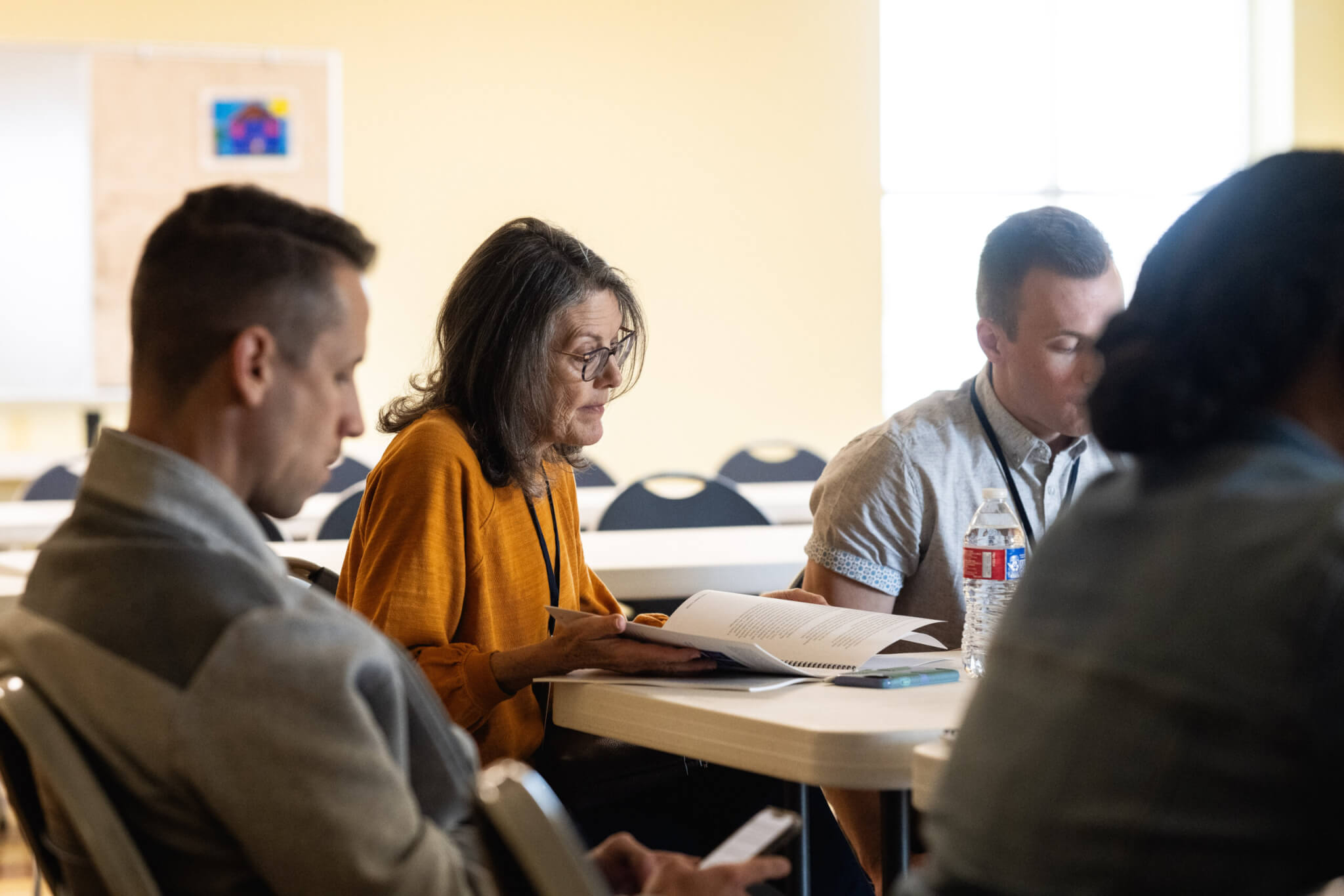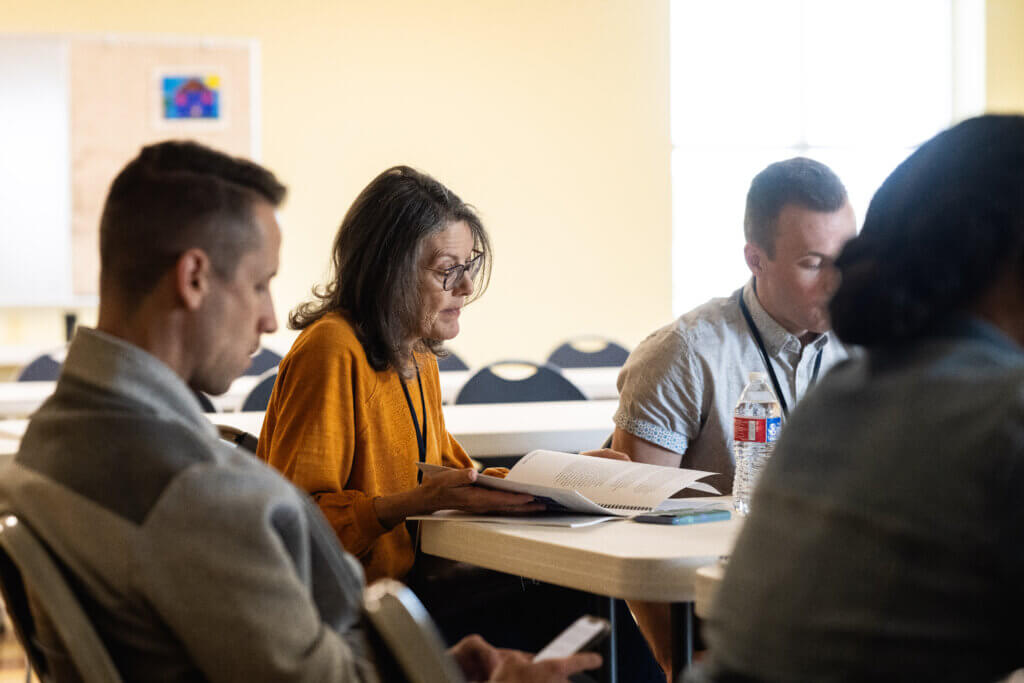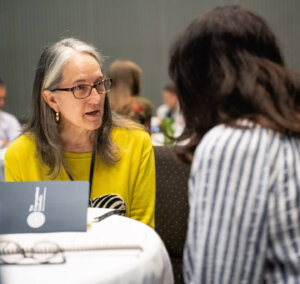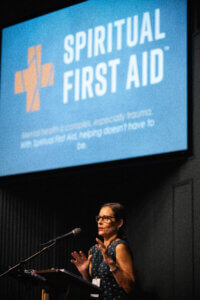

I have some exciting news!
The H. E. Butt Foundation has launched The Congregational Collective, a nonprofit organization to help San Antonio faith communities support mental wellness. The Collective will be funded by the Foundation for five years until it can sustain itself.
 We believe this is a big idea—and one that could scale to other cities.
We believe this is a big idea—and one that could scale to other cities.
Often, when people first begin to experience mental health challenges—as a family, in their marriages, with their kids, or just as individuals—they turn to their faith community for help. Yet clergy and church leaders feel inadequate and ill-equipped to provide the support people need.
In recent years, we’ve studied this issue through partnerships with the University of Texas-San Antonio and the Meadows Mental Health Policy Institute. We’ve looked closely at existing initiatives and spoken directly to congregational leaders and lay people. We’ve also examined national data on the intersection of faith communities and mental health.
In his book Madness and Grace: A Practical Guide for Pastoral Care and Serious Mental Illness, Dr. Matthew Stanford found that only 70% – 80% of faith leaders say they feel adequately trained to recognize a mental health condition, and only 10% ever make a referral.
 What if we could move that needle? What if congregations weren’t just better at providing mental health support, but leaders in mental wellness across our communities?
What if we could move that needle? What if congregations weren’t just better at providing mental health support, but leaders in mental wellness across our communities?
That’s the mission of the Collective. They’ll build support systems, networks, and ministry tools to make San Antonio’s congregations the safest places in the world for people seeking mental wellness.
Depending on how well you know us, this initiative may seem disconnected from the rest of the H. E. Butt Foundation’s work, but I assure you it is not. Mental wellness has long been a priority for the Foundation.
Our first president, Mary Holdsworth Butt, served on Texas’ governing board for mental hospitals for 26 years, fighting for better treatment and better resources. She had this new idea that patients could find mental wellness at home more easily than when they were living at an institution. Today that seems obvious, but it wasn’t always.
In the 1950s, her son Howard Jr. was very transparent about seeking help to deal with his own clinical depression. He often shared personal stories about these struggles with guests at Laity Lodge, and at the time, it was a revolution. You just didn’t talk about these things back then, especially in Christian circles. But there he was, standing in the Great Hall, saying, “Laity Lodge was born out of my depression.”
Like so many people, I have also seen firsthand what it looks like when a family member faces depression and anxiety. I bet you have, too.
So I hope you’ll join me in celebrating the launch of this vital project.
The Collective has already begun an 18-month pilot project with eight congregations in San Antonio, and they’re well underway. Cheer them on, pray for them, and keep up with all that’s happening at congregationalcollective.org.
One family models what it looks like to share the Canyon—and their faith journey—with the next generation.